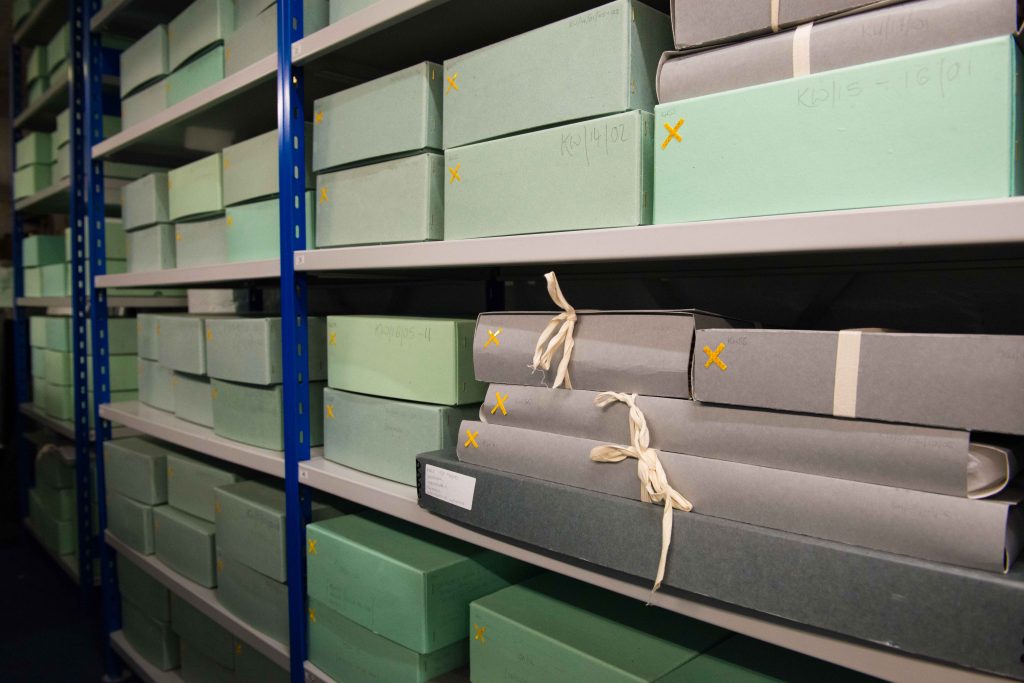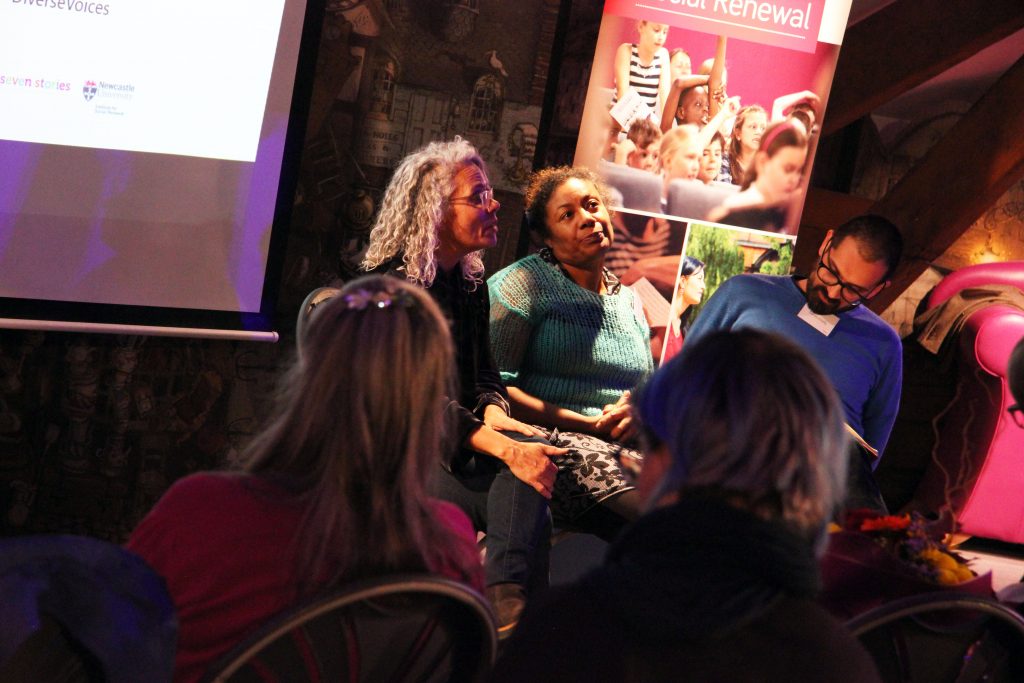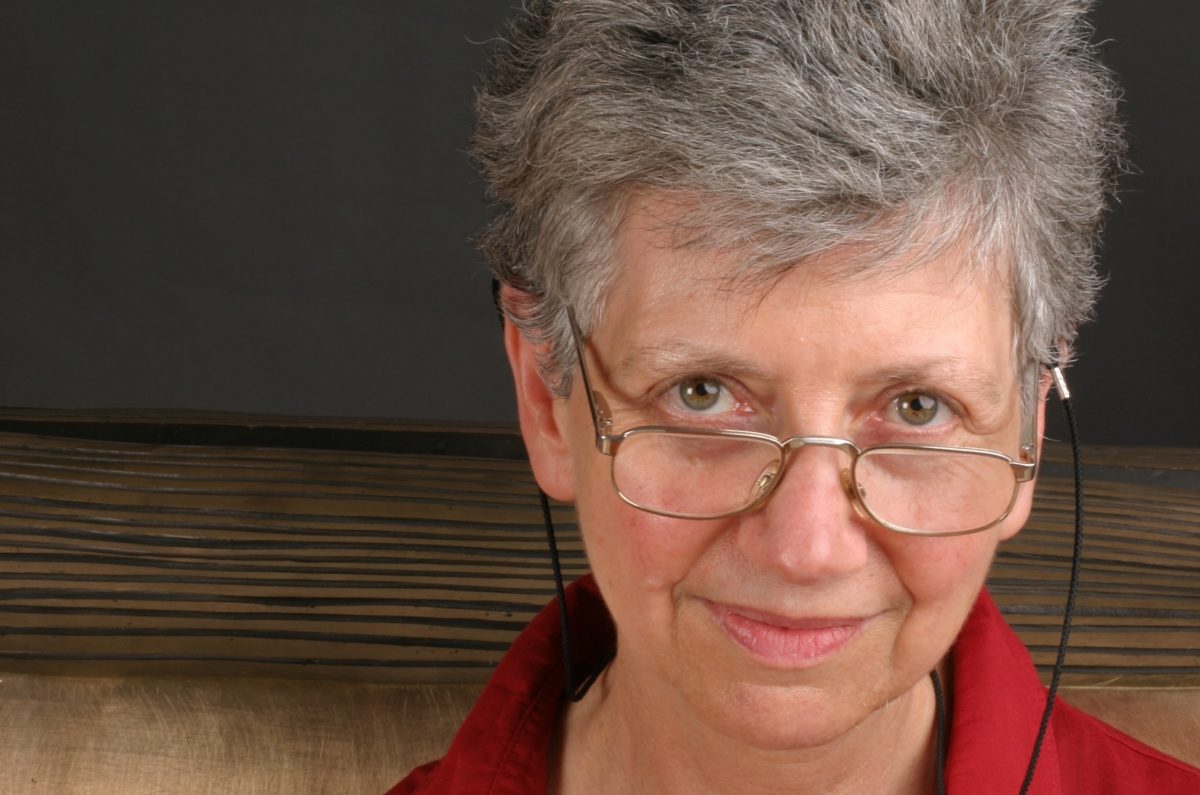How can children’s literature archives help us to understand what it’s like to be torn from your home as a refugee?
For her PhD project ‘The Other Side of Truth: agency, representation and belonging in Beverley Naidoo’s refugee fiction’, Helen King explores the role of children’s books and archives in shaping how we think about the refugee experience, and empowering children to engage creatively and politically with literature.
My project is a collaboration between the School of English Literature, Language and Linguistics at Newcastle University, and Seven Stories: The National Centre for Children’s Books, within the Vital North Partnership. It is funded by the Arts and Humanities Research Council through the Northern Bridge Consortium and supervised by Dr Lucy Pearson (Newcastle University), Dr Kyle Grayson (Newcastle University) and John Coburn (Creative Director, Seven Stories). This builds on the longstanding relationship between the Children’s Literature Unit and Seven Stories, and makes use of a recently acquired archival collection to open up opportunities for community engagement.

Beverley Naidoo (pictured above by Linda Brownlee) donated her archive to Seven Stories in 2016. The Collection is an essential part of what Seven Stories do, and they hold archives from numerous authors with huge value, both for the general public and for research. Naidoo’s archive is a really important acquisition for Seven Stories, and contains research for and responses to her fiction, as well as material relating to her careers as a researcher, teacher and activist.
A South African author, Naidoo was exiled to the UK as a result of her anti-apartheid activism, and themes of displacement and the effect of totalitarianism and racism on children runs through much of her work. Her novel The Other Side of Truth won the Carnegie medal in 2000. This book tells the story of two Nigerian children who are forced to seek asylum in the UK due to their father’s critique of the military rule of General Sani Abacha in the mid 90s. Exploring themes such the loss of home, the impact of trauma and importance of the individual refugee story, this novel is as relevant today as it was 20 years ago, and forms the starting point for this research project.

I am still in the early stages of my research, and already I have found so much thought-provoking and challenging material within the Naidoo archive. With a framework of postcolonial theory that examines how colonial dynamics have and still do affect our constructions of race, nationhood and citizenship in the UK, I am using Naidoo’s fiction and her archive to explore the following questions:
- What does it mean to belong as a refugee child?
- How can a children’s author represent voices that are marginalised, misrepresented and silenced by popular rhetoric and the media?
- What agency can children have in the face of social inequality, either as creatives or as activists, and how can children’s literature give them this?
- How can Seven Stories use the Naidoo archive to develop new creative engagement with their collections?
My time is spent between Newcastle University, the Seven Stories archive in Felling and their visitor centre in Ouseburn. I will be posting here from time to time as the project develops, and as the public engagement aspects of my project take shape over the coming months.

The aims of this project follow on from the Diverse Voices? symposium in November 2017, and build on Professor Karen Sands-O’Connor’s time spent at Seven Stories exploring the links between activism and children’s writing in the Seven Stories archive. As author S.I. Martin explained at Diverse Voices?, ‘archives are a world that kids can write themselves into’, and provide huge potential for an engagement with books that is empowering for those young people who find themselves written out of British children’s literature.
Viewing the Naidoo archive as carrying such potential, this project will facilitate in Seven Stories finding new ways to bring the archive to the general public through exhibitions and engagement with groups from their local community who have experienced displacement themselves. Children’s literature archives are not simply slices of history, but are active sites of debate, creativity and activism through which children can be empowered to tell their own stories.
Find out more about Northern Bridge, and explore the Beverley Naidoo collection on the Seven Stories website.


